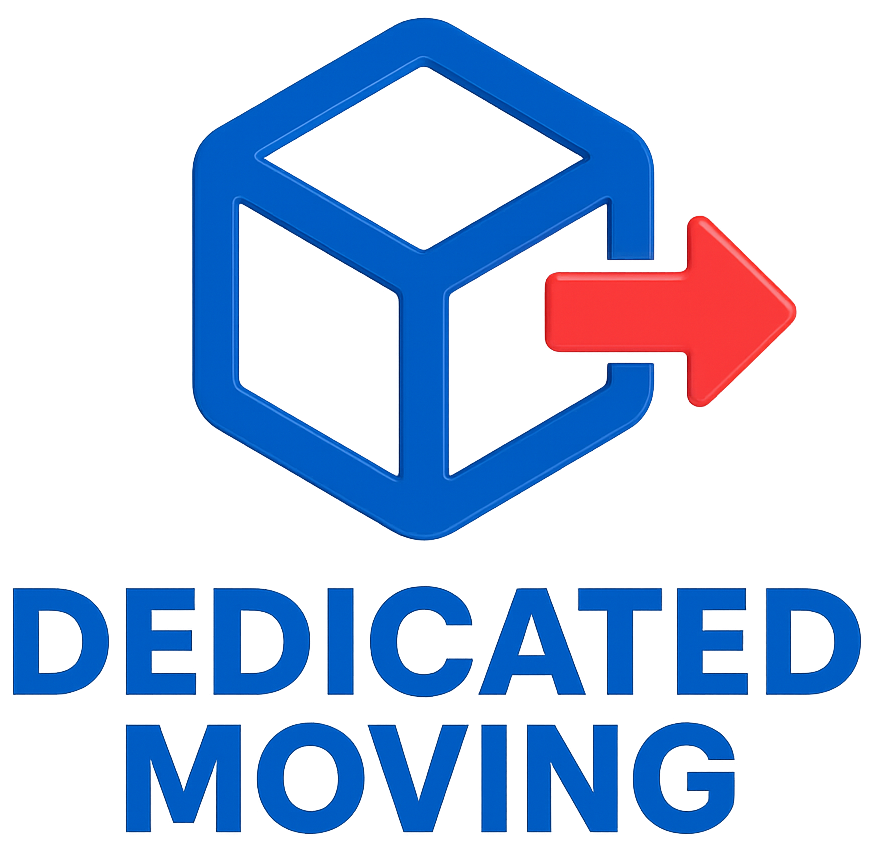A Quick Rundown of Compiling and Organizing to help with home selling.
When you’re a homeowner, relocating comes with a daunting amount of paperwork. Luckily, excellent organization can facilitate the process. Learn how to stay on top of the documents you need for less stressful real estate transactions by checking out these simple tips from Dedicated Moving.
The Advantage of Going Digital
One report estimated that real estate transaction documents could involve as many pages as a short novel. If combing through all that paperwork by hand to search for details sounds like a nightmare, do what many savvy agents, buyers, and sellers are doing and digitize your files. In fact, going with a PDF file converter will save time and help you stay organized.
For Buying: Mortgage Research
You need to determine the loans you can afford. Early on, you can go through pre-qualification to estimate possible mortgage amounts. Lenders calculate your income, employment history, credit score, and the amount you desire to determine an unofficial loan rate. You can pre-qualify with as many lenders as you wish because it’s not an official request for funds and doesn’t affect your credit score.Print and save your pre-qualification offers to guide your property search and show sellers you’re serious. Since finding a home may take weeks or months, continually update your applications with the latest information. Staying current prepares you for pre-approval, then you must submit official records of your income, employment, and debts for an official loan offer.
For Selling: Documents for Listing
Before you sell your home, prepare all the documents you’ll need, including those that prove your homeownership and enlighten prospective buyers about the property. Mortgage statements help you calculate your proceeds from a sale. Tax records help you price the home correctly, as do recent appraisals that disclose repairs and the house’s condition.A residential sales contract is vital since it shares the sale terms in a legally binding agreement. A compliance certificate is required to complete the deal because it confirms the existence of the land. Share HOA documents with the buyer if applicable. A seller’s disclosure is also mandatory to share any issues with the home with the buyer, such as structural problems or environmental hazards.Of course, so many files to handle can be quite overwhelming, especially when you need to be able to access them quickly and with ease as needed. Good file management and organization are, therefore, a must. For digital files, keep them well-sorted by using folders and sub-folders, as well as adopt a naming convention that’s convenient for you.
For Buying: Forms to Keep After Closing
After the sale, keep certain documents handy in a file to resolve any issues that may arise. The purchase agreement contains conditions each party must fulfill, and the buyer’s agreement shares your realtor’s obligations.Save amendments and riders that alter the purchase agreement. Your home inspection report and seller disclosures outline issues with the property you’ll want to attend to. Your title insurance policy and property deed solidify your claim to the dwelling in case of any property disputes.
For Selling: Forms After Accepting an Offer
Acquire copies of the home inspection and appraisal that the buyer will use in negotiations. Copies of offers and counteroffers should also be retained. A contingency removal form that outlines pre-conditions must be completed to finalize the sale.Retain a facsimile of the final purchase agreement for your records. Finally, you will hand the title deed over to the buyer in the transfer of property ownership.Commit to a rock-solid filing system with digital recordkeeping to keep your documents organized during home buying and selling. Keep important papers on your mortgage research and the sale details. Following these steps helps you manage things well and reduce stress. Whether you’re planning a big move or a small one, Dedicated Moving can help. Reach out today for a free estimate.








